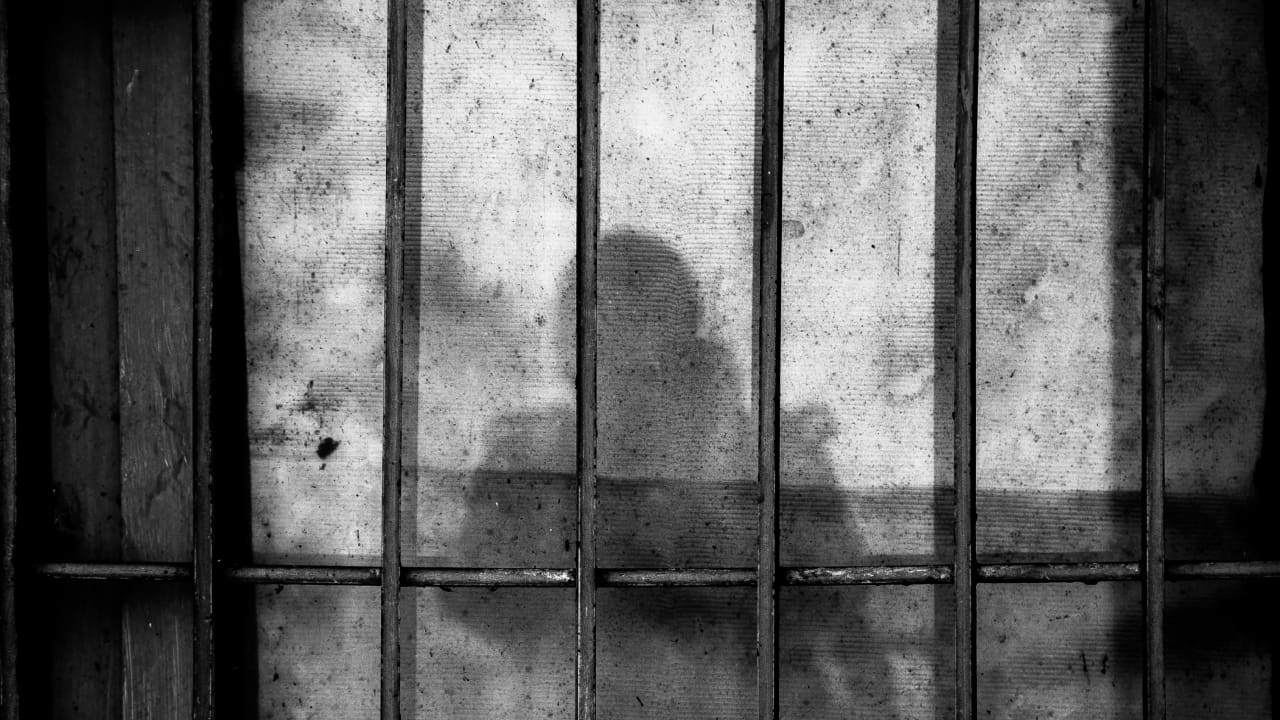- The Constitutional Court has ruled that inmates in prisons should be allowed to have PCs in their cells.
- Only registered students will have access, and they will not be able to use the internet.
- Less than 1 000 inmates across South Africa’s prisons are studying.
The Constitutional Court of South Africa has made a unanimous ruling that inmates in prisons across the country are allowed to have personal computers (PCs) in their cells, but only to study, as it found it was unconstitutional for prisoners to be denied this.
For the next year, prisoners who are registered as students will be allowed to have a PC in their cells to study, and the court has ordered the Department of Corrections to change policy to make this happen, per a report from GroundUp.
While the court is allowing student-inmates to have PCs, there are some restrictions. For example, while prisoners are entitled to computers in their cells, they are not allowed to have internet access. Prisoners must also make the PC available for inspection at any time.
If a prisoner is found to have broken the rules, a corrections official may remove the computer from their cell.
Constitutional Court Justice Steven Majiedt ruled that prisoners having access to computers was in line with their right to further education and that banning access to these PCs was unconstitutional, despite what the Department of Corrections and its minister says.
Minister Pieter Groenwalt had made an appeal to the court after the Supreme Court of Appeal attempted to make the same ruling in 2023 and while conceding that having access to PCs was in line with the right to further education, he and the National Commissioner of Correctional Services, Samuel Thobakgale, argued that it presented a security risk.
Justice Majiedt, however, said that they could not prove this risk.
“The high court took the view that the applicants had not provided any evidence that, where computers have been allowed in cells, even with a modem, there had been any security breach,” Justice Majiedt said.
“Incarceration does not take away or limit fundamental rights like education, dignity and access to reading material,” he added.
Last year, 173 inmates sat for the matric exams, a tiny portion of the over 150 000 prisoners incarcerated in South Africa. In terms of tertiary students, only around 400 inmates are enrolled across the country’s prisons according to an annual report from the department in 2021.
In September, last year, the department partnered with Intelsat and Stellenbosch University to introduce the Intelsat Telematics System to inmates at the Johannesburg Correctional Services, offering inmates and educators access to digital study materials across prisons and correctional centres in the city which are some of the most populated in the country.
Data revealed late last year as well as over the 12 months of 2024, prison authorities confiscated 41 853 cellphones from inmates, of which 10 639 were confiscated just in the Eastern Cape. In addition, 6 235 cellphone accessories were confiscated, 105 memory cards and 118 electrical wires.
[Image – Photo by Ye Jinghan on Unsplash]

